Which smart-fitness watch offers best battery life & comprehensive health metrics?

The Quest for the Ultimate Smart-Fitness Watch: Balancing Endurance and Insight
In the rapidly evolving world of wearable technology, smart-fitness watches have become indispensable companions for many, offering a blend of convenience, communication, and vital health monitoring. However, two features often stand at odds: exceptional battery life and comprehensive health metrics. Users frequently face a dilemma: choose a device that lasts for weeks but might offer less in-depth data, or opt for a feature-rich watch that requires daily or bi-daily charging. This article delves into the leading contenders, dissecting their strengths to help you identify the best fit for your lifestyle.
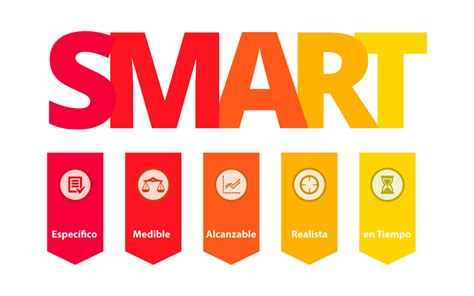
Understanding Comprehensive Health Metrics
Before diving into specific models, it’s crucial to define what “comprehensive health metrics” entail. A truly advanced smart-fitness watch goes beyond basic step counting and heart rate monitoring. Look for devices that offer:
- Continuous Heart Rate Monitoring: Essential for tracking fitness levels and detecting anomalies.
- Blood Oxygen (SpO2) Tracking: Important for sleep health and detecting respiratory issues.
- ECG (Electrocardiogram): For detecting signs of atrial fibrillation (AFib) and other heart rhythm irregularities.
- Sleep Tracking: Detailed analysis of sleep stages (REM, deep, light) and quality.
- Stress Monitoring: Often based on heart rate variability (HRV), providing insights into mental and physical stress levels.
- Body Temperature Sensing: Emerging feature useful for illness tracking and fertility insights.
- Advanced Activity Tracking: GPS, altimeter, and diverse sport modes with detailed performance metrics.
The accuracy and depth of these metrics can vary significantly between brands and models, with some offering medical-grade certifications for certain features.
The Battery Life Conundrum: A Spectrum of Endurance
Battery life is often the trade-off for advanced features. Devices with vibrant, always-on displays, constant GPS use, and continuous sensor data collection naturally consume more power. Here’s a general breakdown:
- Entry-Level Trackers: Often last 7-14 days due to simpler displays and fewer sensors.
- Full-Featured Smartwatches (e.g., Apple Watch, Samsung Galaxy Watch): Typically offer 18-48 hours, requiring frequent charging.
- Sports & Outdoor Watches (e.g., Garmin Fenix/Forerunner series): Can range from 7-30+ days in smartwatch mode, with reduced life during GPS activities, thanks to efficient processors and transflective displays.
- Hybrid Smartwatches: Combine traditional watch faces with smart features, sometimes offering months of battery life but with limited digital interaction.
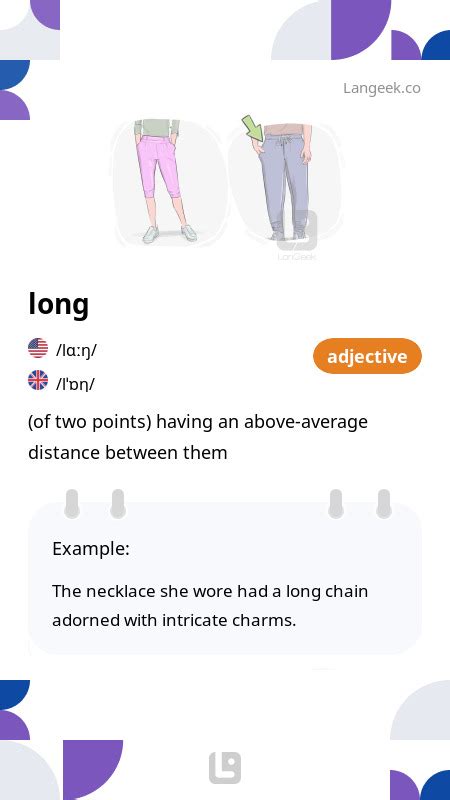
Top Contenders: Who Leads the Pack?
Garmin: The Endurance Champion with Robust Metrics
Garmin watches, particularly the Fenix, Forerunner, and Enduro series, are legendary for their multi-week battery life, often coupled with solar charging capabilities. They excel in outdoor sports tracking, offering comprehensive GPS, performance metrics, and increasingly sophisticated health monitoring including SpO2, advanced sleep analysis, HRV status, and body battery energy monitoring. While their display technology might not be as vibrant as AMOLED screens, their transflective displays are excellent for outdoor visibility and power efficiency.
Apple Watch: The Health Powerhouse with Daily Charging
The Apple Watch (e.g., Series 9, Ultra 2) arguably offers the most comprehensive suite of health metrics on a mainstream smartwatch. Features like ECG, accurate heart rate, SpO2, temperature sensing (for cycle tracking), crash detection, and fall detection set it apart. The Ultra models push battery life further (up to 36 hours standard, more in low power mode) but still require more frequent charging than most Garmins. Its seamless integration with the Apple ecosystem and vast app store are also significant advantages.
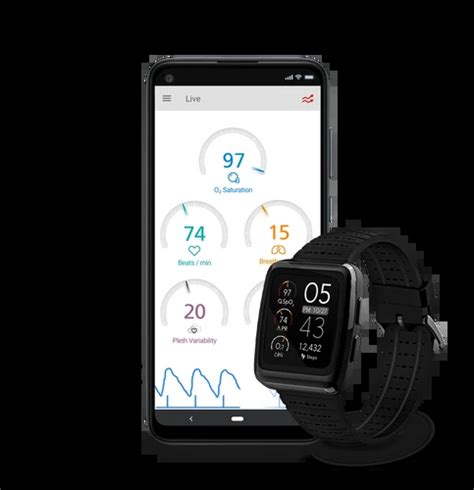
Samsung Galaxy Watch: Android’s Answer to Comprehensive Health
For Android users, the Samsung Galaxy Watch series (e.g., Galaxy Watch 6, Watch 6 Classic) provides a strong alternative. It offers many similar health features to the Apple Watch, including ECG, blood pressure monitoring (in select regions), body composition analysis, and detailed sleep tracking. Battery life is comparable to the standard Apple Watch, generally requiring daily charging, though it’s improving with newer generations.
Fitbit: Accessible Health with Decent Battery
Fitbit, now part of Google, offers a range of devices like the Sense and Versa series that provide excellent health tracking features, including ECG, SpO2, stress management, and detailed sleep insights, often with a more accessible price point. Their battery life typically falls in the 4-6 day range, striking a good balance between features and endurance for many users.
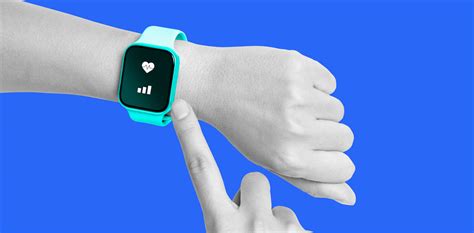
Finding Your Balance: Recommendation
The “best” watch truly depends on your priorities:
- For maximum battery life and serious sports tracking: Garmin Fenix/Forerunner/Enduro series are unparalleled. They offer excellent health metrics, though perhaps less “medical-grade” interaction than Apple.
- For the most comprehensive and integrated health monitoring (and an iPhone user): The Apple Watch Ultra 2 or Series 9. Be prepared for daily or bi-daily charging.
- For comprehensive health on Android: The Samsung Galaxy Watch series is your best bet, offering a rich feature set at the cost of daily charging.
- For good health tracking with better-than-average battery life at a competitive price: Fitbit Sense/Versa models provide a compelling option.
Consider your daily usage, specific health concerns, and willingness to charge frequently. If you’re an avid adventurer who needs weeks of battery and robust GPS, Garmin is likely your choice. If you prioritize cutting-edge health insights and ecosystem integration, and don’t mind charging often, Apple or Samsung will serve you well.
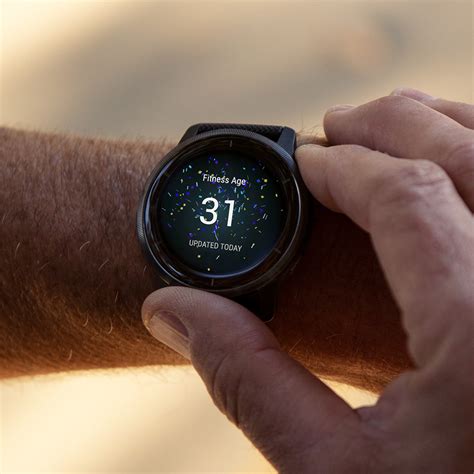
Conclusion
The perfect smart-fitness watch strikes a personal balance between lasting power and insightful data. While no single device currently offers multi-week battery life with the full breadth of medical-grade health features found in daily-charge smartwatches, manufacturers are continually pushing the boundaries. By understanding your own needs and priorities, you can navigate the impressive array of options and find the wearable that truly enhances your health and fitness journey without constant charging anxiety.







